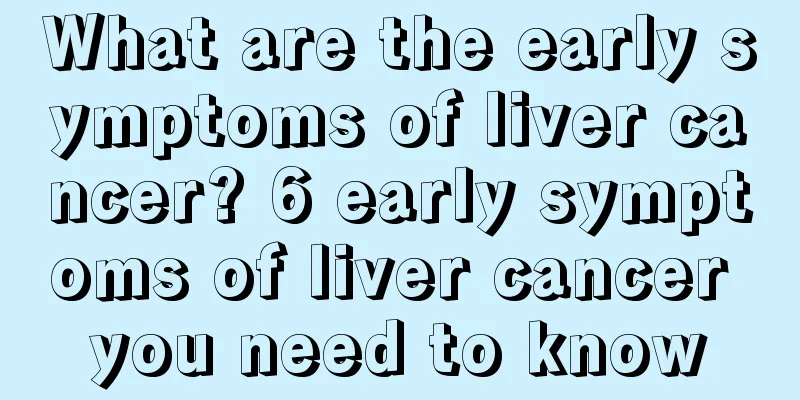What are the symptoms of pyloric spasm?

|
The main symptoms of pyloric spasm are abdominal pain and a feeling of fullness, vomiting, oliguria, constipation, etc. Excessive vomiting may also lead to symptoms of dehydration. In addition, pyloric spasm generally does not require direct surgery. Instead, the stomach and intestines will be adjusted, and the patient can be examined after eating, and the treatment method can be customized according to the situation. 1. Abdominal pain and fullness: Pyloric obstruction often occurs after eating, especially at night, and the heating has a bad smell. The upper abdominal pain often worsens after meals, and with the onset of gastric retention, it turns into diffuse distension or discomfort in the upper abdomen. 2. Vomiting: It is the most prominent symptom of pyloric obstruction. Vomiting often occurs in the afternoon and evening. The more severe the obstruction, the more frequent the vomiting. Vomitus contains old food, also known as overnight food, so it has a sour and smelly smell. The patient's symptoms are alleviated or disappear completely after vomiting, so he likes to induce vomiting on his own. 3. Upper abdominal distension: Due to gastric emptying disorder, excessive gastric contents are retained, causing the stomach to be in an expanded state. Therefore, a considerable number of patients can see a hemispherical bulge, that is, an enlarged stomach-shaped outline. 4. Peristaltic waves and water shakers: It is difficult for the gastric contents to pass through the pylorus, and the gastric muscles contract strongly. Sometimes gastric peristaltic waves can be seen, which move from left to right, toward the pylorus, and end there. When you are on an empty stomach, gently hold your waist with your hands and shake it left and right. You can hear the vibration sound of the water in your stomach. Normal people generally do not have any gurgling sounds when fasting, but about 2/3 of patients with pyloric obstruction may have obvious gurgling sounds, which indicates that there is excessive fluid accumulation in the stomach and poor emptying. 5. Dehydration signs: Excessive vomiting can cause malnutrition and dehydration in patients, and the patients will show dry skin, poor elasticity, weight loss and weak appearance. 6. Alkali poisoning: Due to frequent vomiting, patients lose a large amount of water and electrolytes, resulting in dehydration and electrolyte imbalance, causing alkali poisoning. Sometimes convulsions of the limbs, drowsiness, muscle weakness, disappearance of tendon reflexes, and even coma may occur. 7. Oliguria, constipation, dehydration, weight loss, and cachexia in severe cases. After oral administration of barium, it is difficult for the barium to pass through the pylorus. The stomach is dilated, peristalsis is weak, there is a large amount of fasting fluid retention, and the barium sinks to form three layers of gas, liquid, and barium. |
<<: How to quickly correct calf bending by yourself
>>: What are the symptoms of lung deficiency?
Recommend
Find out the cause of brain cancer
Due to the influence of various factors such as h...
What should senior high school students eat to improve their brain health?
Under China's current educational system, sen...
Massage your cervical spine yourself
The commonly used method for treating cervical sp...
What is ovarian tumor?
Ovarian tumors may be related to genetics; enviro...
Tips on how to wash a yellow pillow
Nowadays, many people begin to pay attention to t...
Can't conditioner come into contact with the scalp?
Each of us has hair. Generally, women's hair ...
Benefits of pickled ginger in vinegar
Vinegar tastes very sour to most people and canno...
What are the wonderful uses of lemon peel?
In people's impression, lemon is a very sour ...
Order of foot massage techniques
In the field of traditional Chinese medicine, it ...
Introduction to pigmentation after spotting with medicine
Many female friends who love beauty will try thei...
Symptoms of erysipelas
There are many types of diseases, and good method...
What kind of people cannot sweat steam
I believe many people have heard of sweat steamin...
What are the exercise methods to strengthen the spleen and stomach
Exercise can help us achieve the goal of strength...
Pain in the 45th vertebra
The human spine is composed of multiple joints an...
How to relieve blood syndrome?
People are not so clear about blood syndrome. Thi...









